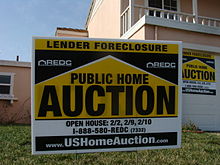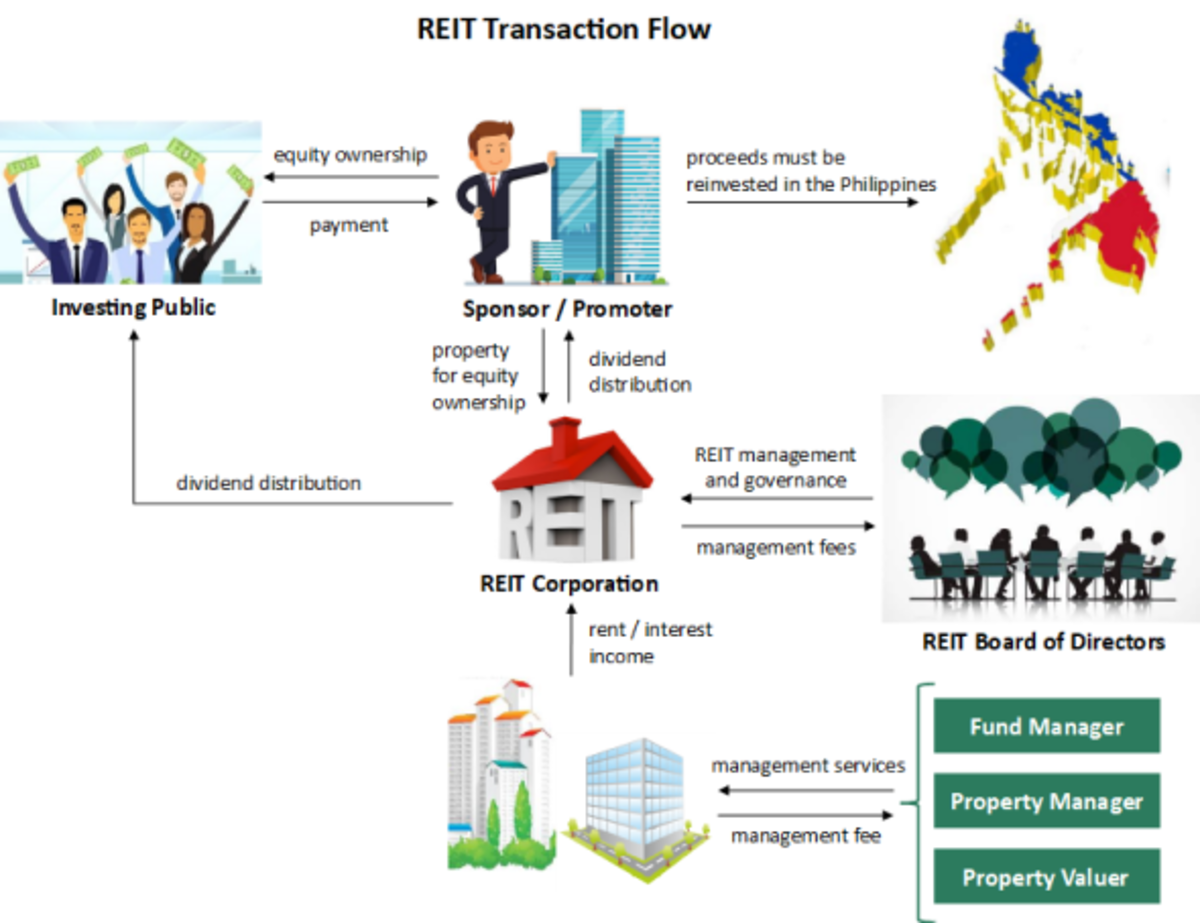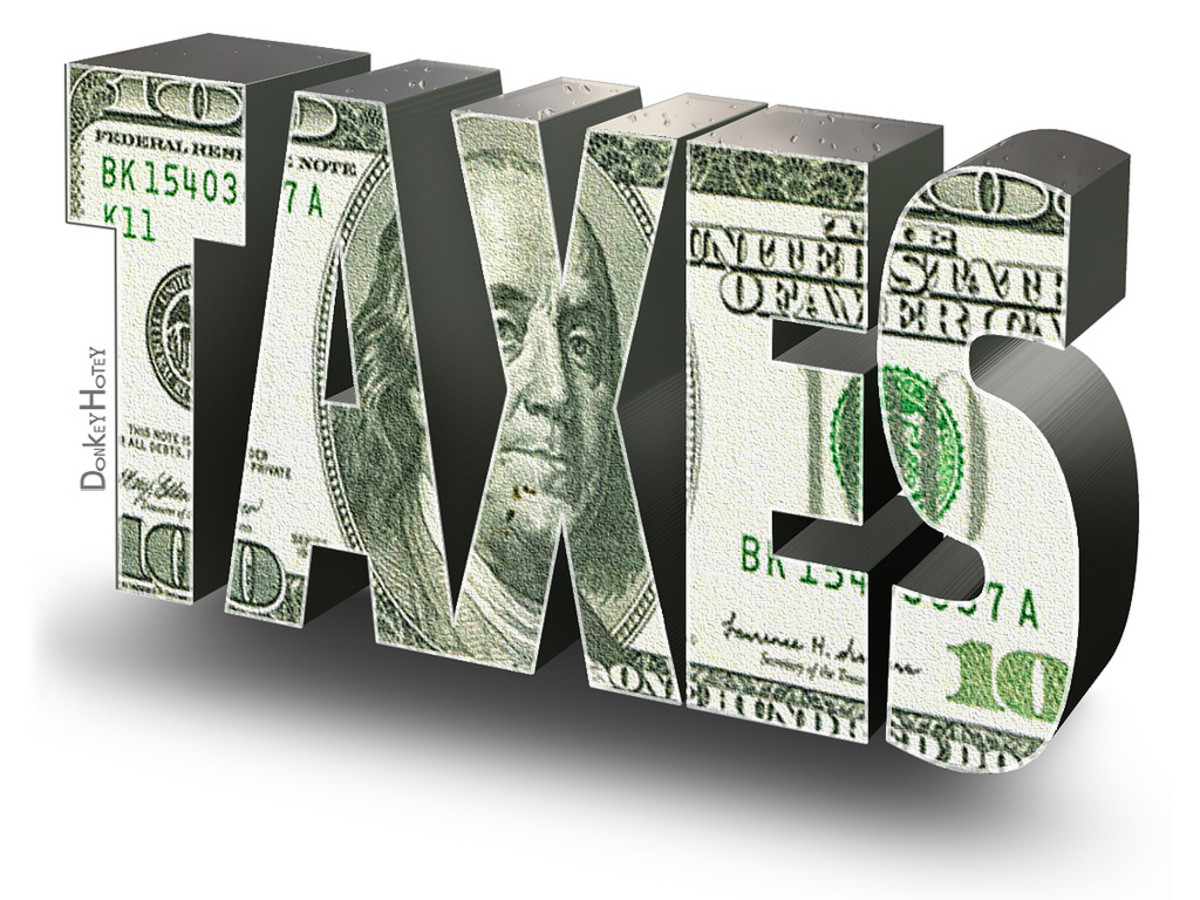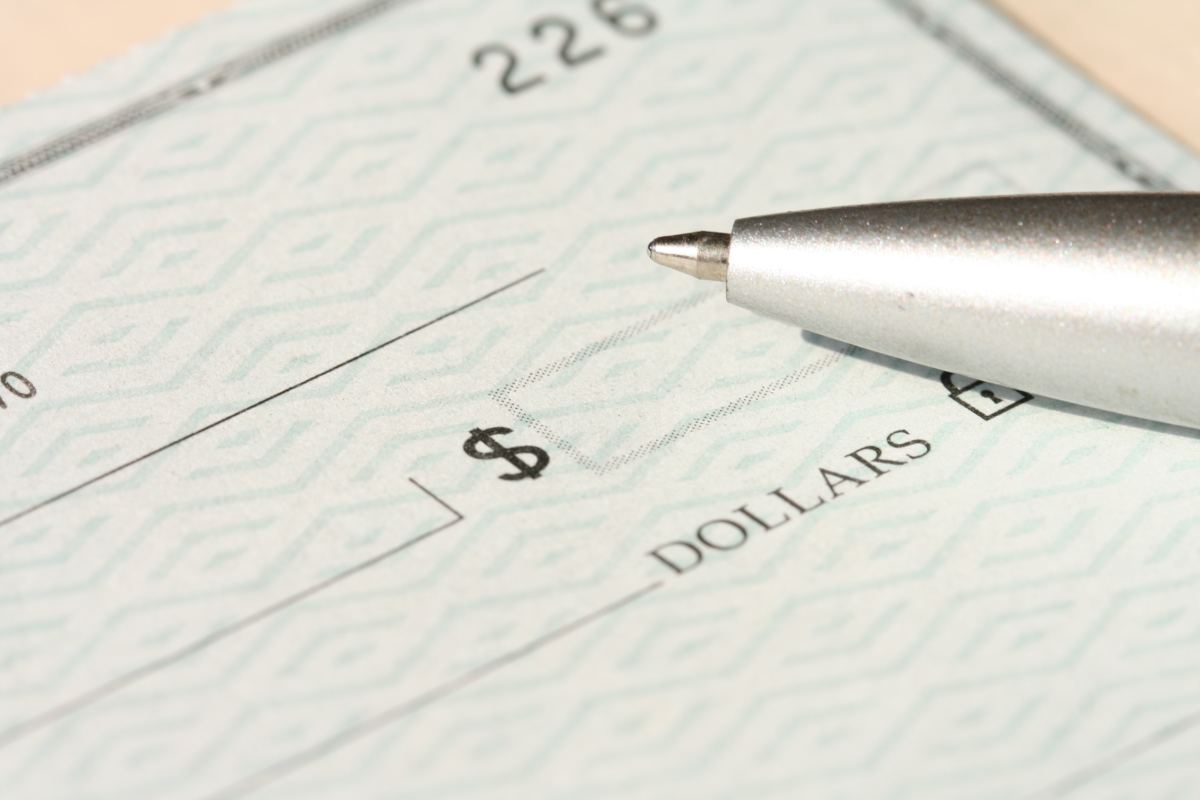Real Estate Investment ;Buy Foreclosed Homes

Buying Foreclosures as a Real Estate Investment
A foreclosure is generally what happens when the bank takes control of your house. If you don't pay your mortgage, the bank repossesses the house. For many investors finding the right foreclosures are a profitable real estate investment.
Foreclosures most often occur due to divorce, unemployment, health problems, and a bad economy.
The biggest lure of buying foreclosures is the possibility of a great deal. Because each situation will be different, you should be flexible and creative enough to come up wit the perfect arrangement that will suit everyone involved. However, try to stick as closely as possible to the guidelines.
Three basic methods
- Early pre-foreclosure phase allows to buy directly from the home owner, without having to bid against other investors at the auction.
- The sale phase involves bidding at auction but eliminates the task of negotiating with the homeowner.
- Post auction REO phase involves working with lenders who may be eager enough to unload the property that they'll hive you a great deal.
Each of these phases have good and bad points. Your individual needs, goals, and personal style will dictate which phase you prefer.
Before trying any complicated method of buying foreclosures that you may have seen on a late night infomercial, it is best to have a few basic and simple foreclosures behind you. Remember that you are dealing with complicated,legal issues and many Real Estate Agents and professional investors are buying foreclosures too, the competition is quite tough.
Real Estate Books on Amazon
Make Sure the Title is Clear
Before even beginning to seriously consider buying a foreclosure, it is very important that you learn as much as possible about title-related issues. You may also wish to find a local lawyer or title search expert who is very familiar with these issues and who can handle title related matters for you. Often a professional is well worth the fee they charge. Assume you bought a pre foreclosure that has an $85,000 lien that the owners did not mention. In these cases the fee you pay the professional is significantly less than the penalty of ignorance.
The biggest foreclosure buying pitfall is the possibility of inadvertently buying a property with a "bad" title. Rather than buying a nice new home, buyers may find that they have actually just gotten a heap of new debts and financial obligations that may cost them more than the home is worth.
Not to scare anyone off, this is the biggest issue with new investors going to auctions. They do not really know what they are buying.
Building a Foreclosure Investment Team
At first glance, the investing in foreclosures can seem daunting. You must know how to find a foreclosure property, finance the purchase and renovations, fix it up, and then sell it, all on schedule and within budget. It is possible to get by with a moderate amount of knowledge, as long as you have good help.
Formula for success is to team up with a Real Estate Attorney, a Mortgage Broker, and having ties with a Title Company would not hurt.
It is not difficult to find people who want to team up with other investors. Just go to the next Real Estate Investors meeting in your area, and you are sure to find someone who fits the bill.
REOs- Real Estate Owned
REOs are considered the safest way to buy a foreclosure. They have long been considered a safer and easier way to buy a real estate than purchasing either directly from the seller or before a foreclosure auction. REOs are the most popular of the bargain opportunities in real estate. You stand to get 5-50% off market value.
Buying an REO means getting it right from the lender. No squabbling in auction or being chased out of town by the homeowner. You usually get clear title and perhaps even title insurance. You may even get a property that's been refurbished. You can get a list of REOs from just about any bank, but it may not be a piece of cake to get because banks don't like to advertise their failures.
Lenders don't like REOs. There are many reasons for this. REOs don't pay interest, and lenders are in the business of earning interest. Whenever lenders have money tied up that isn't producing interest, it shows up as a negative in their bookkeeping. (meaning it is listed as a liability.) No business wants more liability. Too many properties in the REO category can lead to insolvency in a lending institution, and that can lead to its complete failure. Banks, like assets not liabilities. REOs simply don't look good on the books of a lending institution. They indicate failure rather than success. Finally, REOs take time and effort away from the lender's main business, which is making money from loans.
These are just a few reasons tat lenders are always anxious to get rid of REOs as quickly as they can.
Foreclosure Auction.
There are three stages to the foreclosure process. In the first stage, the borrower-owner is in default. If we buy then, we buy directly from this person.
In the second stage we are in the middle.This is where the borrower-owner loses the property and the lender acquires it. This is where you can step in and snag the property up at the sale.
The third stage, is when the lender has taken the property back after a foreclosure auction.
In Trust Deed States such as California the foreclosure process uses a trust deed that is often called a power of sale. This normally takes place outside the courts. The first step is for the lender, called the beneficiary, to file a "notice of default." Once this notice of default is filed, the owner-borrower has 90 days in which to make up any delinquent mortgage payments, interest, and penalties. If these are made up, the mortgage is reinstated, and the parties involved go their separate ways.
Once 90-day reinstatement period has passed, this situation changes. Now there is a period of 21 days during which the trustee advertises the property in a newspaper, announcing the coming sale. During the 21 day period, the owner-borrower may redeem the property by paying up all the delinquent payments and penalties and paying back the entire amount of the mortgage. Notice that paying only the back payments, interest, and penalties is not enough at this stage. After this the trustee, to whom the borrower or beneficiary originally gave a power of sale,sells the house to the highest bidder.
Have Money for Unexpected Bargains
One important point to remember is that once you have found a bargain property, you don't want to lose it for lack of of capital. When you see the opportunity to make thousands in quick profits, you don't want to be one dollar short of making the deal.
What I am talking about here is raising enough money for the down payment. In almost all cases, a large part of the purchase price can be financed. Typically, this down payment will be anywhere between 5 and 20 % of the total cost. That is the amount you will need to raise in cash. (The balance will come from a mortgage, either from an institutional lender like a bank or from the seller.)
To raise cash you can write a check if you have enough money in the bank. You may go down to the bank and take out a line of credit on your checking account. Go for the highest limit you can get. It is quite easy to establish a credit line before you actually need money.
Entrepreneurship
- How to Make Millions, Online, At Home, or In the Office.
At some point in our lives we stop focusing on our jobs and start to wonder how to become a millionaire. A jobs most certainly is not the answer. Real Estate, blogging, working for yourself, and attitude are a few things that should immediately come - How to Teach Children Money & Fiscal Responsability
Teaching children money management as soon as possible is vital to their well being in later life. Kids and money can be a disaster without money management skills. Child learning should be considered when money management is concerned. John D Rockef - How to Make a Lot of Money on eBay. 10 Good Ways
Make money on eBay now. How to make money with ebay with an ebay store. Then Make money on ebay selling articles that you need to get rid of. The ebay money making opportunities are endless.









